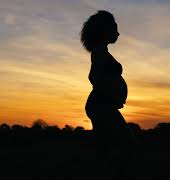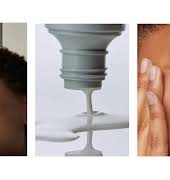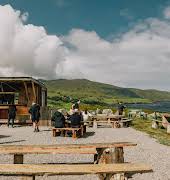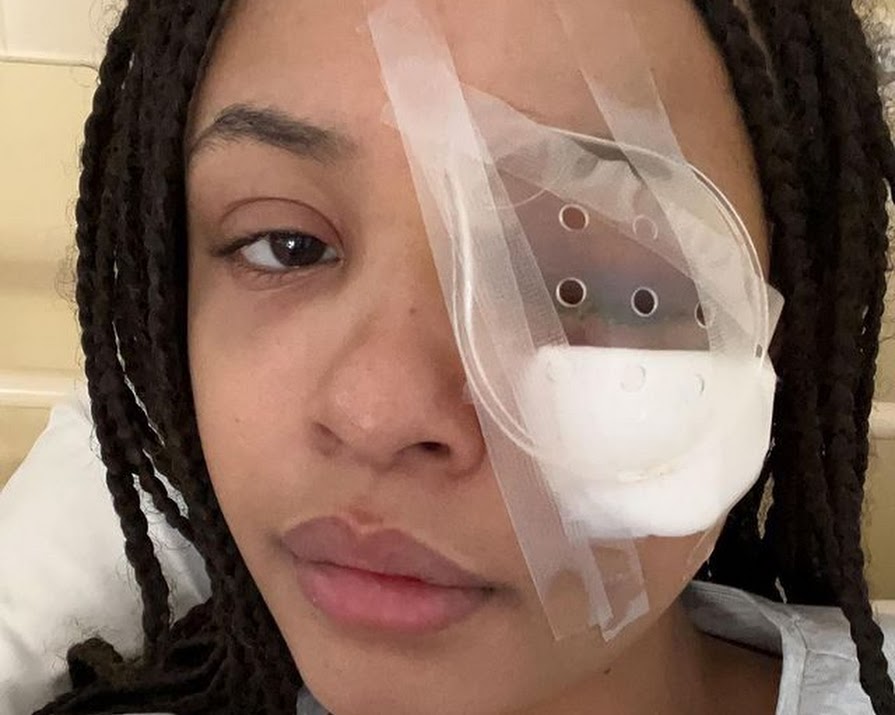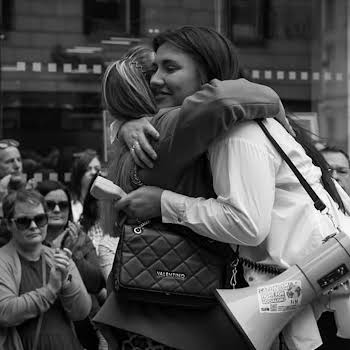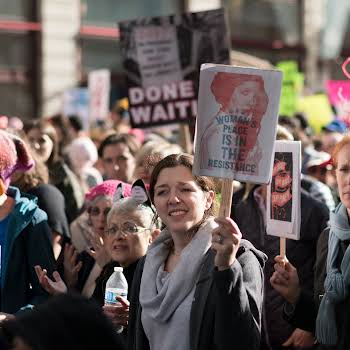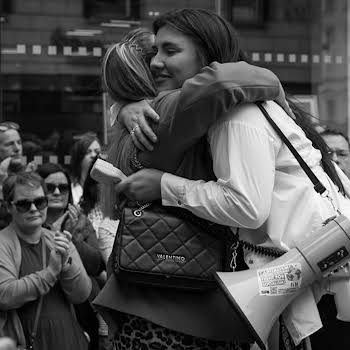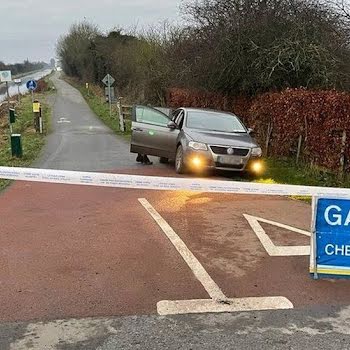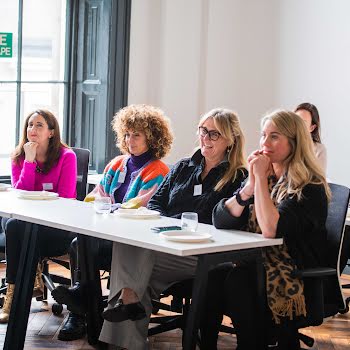We worry about London streets but the vicious attacks on Ashling Murphy and Alanna Quinn Idris bring random violence home
By Lauren Heskin
13th Jan 2022
13th Jan 2022
The horrific London murders of Sarah Everard and Sabina Nessa last year woke the world up to the levels of violence perpetrated against women. Not just inside our homes, though domestic violence has been on the increase since the start of the pandemic, but also on our streets. Blatant, public and often random violence, that ends with a woman butchered and bleeding.
The deaths of Everard and Nessa gave those of us in Ireland a shock too. Our nearest neighbours, a city where we have family and friends, spent many a weekend in and perhaps even lived. Its names are familiar to us – Brixton Hill, Clapham Common, Greenwich.
But what about Dun Laoghaire seafront? Custom House Quay? Ballyfermot? Tullamore?
In 2017, a 15-year-old boy strangled and slit Stephanie Ng’s throat while they were walking by Dun Laoghaire baths in the middle of the afternoon. In 2020, Urantsetseg Tserendorj, a 48-year-old mother of two, was stabbed to death by a 14-year-old teenage boy who was trying to rob her. It happened just outside the CHQ at 9.15 pm as Tserendorj walked home from work.
On December 30, 2021, a 17-year-old girl and her friend were violently attacked outside Ballyfermot Community Centre at about 9.30pm. Alanna Quinn Idris’ father, Ahmed, said on Facebook that Alanna and a male friend were brutally beaten with a hurley, knife and metal bar. Alanna suffered a ruptured eyeball, broken teeth, a broken cheekbone and eye socket. She may have permanently lost sight in one eye. Last week, two men, Darragh Lyons and Jack Cummins, both aged 18, were arrested for the assault.
And yesterday, January 12 2022, 23-year-old teacher Ashling Murphy was out running on a popular walking route in Tullamore, Co Offaly at about 4pm when she was violently attacked and murdered. A man in his 40s has been arrested.
Violence against women
Disturbingly, the loss of one woman’s life at the hands of a man is no longer enough to shock us. Domestic abuse has skyrocketed since March 2020 and a number of upsetting domestic violence and murder cases have made their way through the Irish courts these last 18 months. We have undoubtedly grown accustomed to violence against women, especially by their partners.
What terrified us about the Everard and Nessa cases, and now again with the attacks on Alanna Quinn Idris and Ashling Murphy, is the blatancy and the randomness. Ng was meeting her attacker for the first time after conversing online. Tserendorj didn’t know her assailant. It seems that Quinn Idris knew some of the gang of boys who attacked her – they had been bullying her for some time – but her father emphasised that she was viciously attacked “for no reason”. And while investigations are still ongoing in the case of Ashling Murphy, Gardaí do not believe Ashling and her attacker knew each other.
All of these assaults occurred during waking hours. It’s the fearlessness that horrifies us. And then, there’s also the question of consequences. The two men arrested for assaulting Alanna Quinn Idris and her friend with a hurley, a knife and a metal scooter poll were released on just €200 bail last week.
No safe spaces left
As Kate Demolder recently put it, there are no safe spaces left for women. We are being abused at home, drugged with needles in our pubs and clubs, assaulted on busy streets, murdered by total strangers. No amount of pathetic suggestions to “not walk home alone”, “avoid the streets late at night”, to not dress “provocatively”, to choose the right “kind” of men would change those women’s fates.
Stephanie Ng walked the bustling Dun Laoghaire seafront at lunchtime. Urantsetseg Tserendorj had just left work along Custom House Quay. Alanna Quinn Idris was with a friend on their way home from a day at Liffey Valley. Ashling Murphy was out for an afternoon jog.
And let us not forget other recent examples of violence and intimidation in public spaces: Rachel McElroy was sexually assaulted on a Cork street as passersby filmed it; a group of young girls were spat at, hit with bikes and kicked by a group of boys until one fell onto the tracks at Howth Junction DART Station.
The fate of these women and girls was out of their hands and it’s time we stop acting like “preventative measures” would have changed the outcome. It’s time we start educating men and boys to manage their anger and sexual aggressions and adequately punishing their violence. It’s time we end this chapter mistitled “Violence against women” and instead begin accurately documenting the violence of men.
The Rape Crisis Centre National 24-Hour Helpline at 1800 778 888, at any time of day or night. They offer a free and confidential listening and support service for anyone who has been raped, sexually assaulted, sexually harassed or sexually abused at any time in their lives.
Women’s Aid offers a free 24-hour National Helpline 24/7 on 1800 341 900. It’s a safe, confidential and non-judgmental space to talk and get practical support, including emergency safe accommodation. Or you can visit SafeIreland to find a local helpline.


